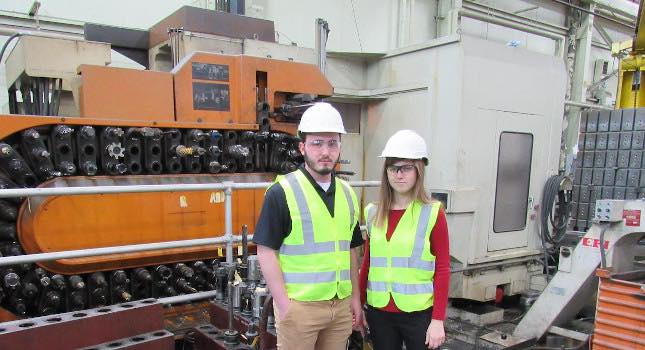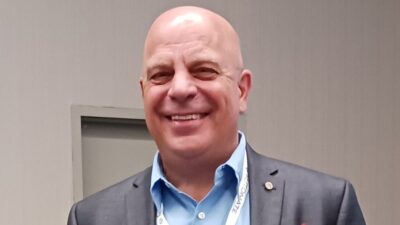A North Carolina State University study finds that one key to promoting STEM education is making classrooms feel more inclusive.

A North Carolina State University study finds that one key to promoting STEM education, and making students feel capable of working on STEM subjects outside the classroom, is making classrooms feel more inclusive.
“We found that kids who feel their high school STEM classrooms are inclusive are more likely to feel like they belong,” said Kelly Lynn Mulvey, first author of a paper on the work and an associate professor of psychology at NC State. “That sense of belonging makes them more likely to engage in the classroom and more likely to feel like they can use STEM to tackle real-world problems. We need workers in the STEM workforce, and we know that high school is when interest in STEM subjects declines for many students. We launched this study because we wanted to evaluate the role inclusivity may play in how students view STEM.”
Inclusivity, in this context, refers to the extent to which students feel a classroom is welcoming to different genders and ethnic groups.
For the study, researchers conducted in-depth surveys of 523 students from five high schools: 34.2% of study participants identified as White/European-American; 33.4% as Black/African-American; 10.5% as Latino/Latina/Latine; 13.4% as biracial or other; and 8.5% of participants chose not to report their race/ethnicity. Meanwhile, 49.4% of study participants identified as female; 36.3% as male; 2.1% non-binary; 1.1% as unsure; and 11.1% chose not to report their gender identity.
In the survey, students were asked questions aimed at assessing how inclusive they felt their STEM classrooms were; the extent to which STEM teachers treated them unfairly; and the extent to which they felt like they personally belonged in their STEM classes. A separate set of questions in the survey assessed the extent to which students engaged with their STEM classes, and the extent to which students felt they could help solve real-world STEM problems in their communities. Examples of real-world STEM problems included lead contamination in drinking water and a lack of access to recycling facilities.
“Most students felt their classrooms were inclusive, and that teachers treated them fairly,” Mulvey said. “However, the further students had progressed through high school, the less likely they were to view their STEM classrooms as inclusive, and the more likely they were to perceive unfair treatment from their teachers. That was true regardless of race and gender.”
The researchers also found that the less fair a student felt their teacher was, the more likely the student was to avoid engaging in the class.
“Similarly, students who felt classrooms were inclusive were more likely to feel that they belonged, increasing both their classroom engagement and their sense of being empowered to address STEM issues in their communities,” Mulvey said.
“In practical terms, this study highlights the fact that feeling like you belong matters. And the way to promote belonging is to make kids feel like their classrooms are inclusive. For example, teachers can take steps to make sure all students feel involved and discuss scientists from backgrounds that reflect the backgrounds of the students.
“These findings are a first step, since this is an ongoing, longitudinal study,” Mulvey said. “We will continue to partner with teachers in the district to promote feelings of inclusion and belonging, and hope to identify additional ways to support students.”
Another variable researchers will look at is the role COVID-19 and remote learning may have played in affecting study outcomes. For example, the data in this study was collected when many students were attending school online.
“While the students reported high levels of inclusivity and low levels of unfair treatment on this survey, we want to see whether that changes now that students are all attending school in person again,” Mulvey said.
– Edited by Chris Vavra, web content manager, Control Engineering, CFE Media and Technology, [email protected].



